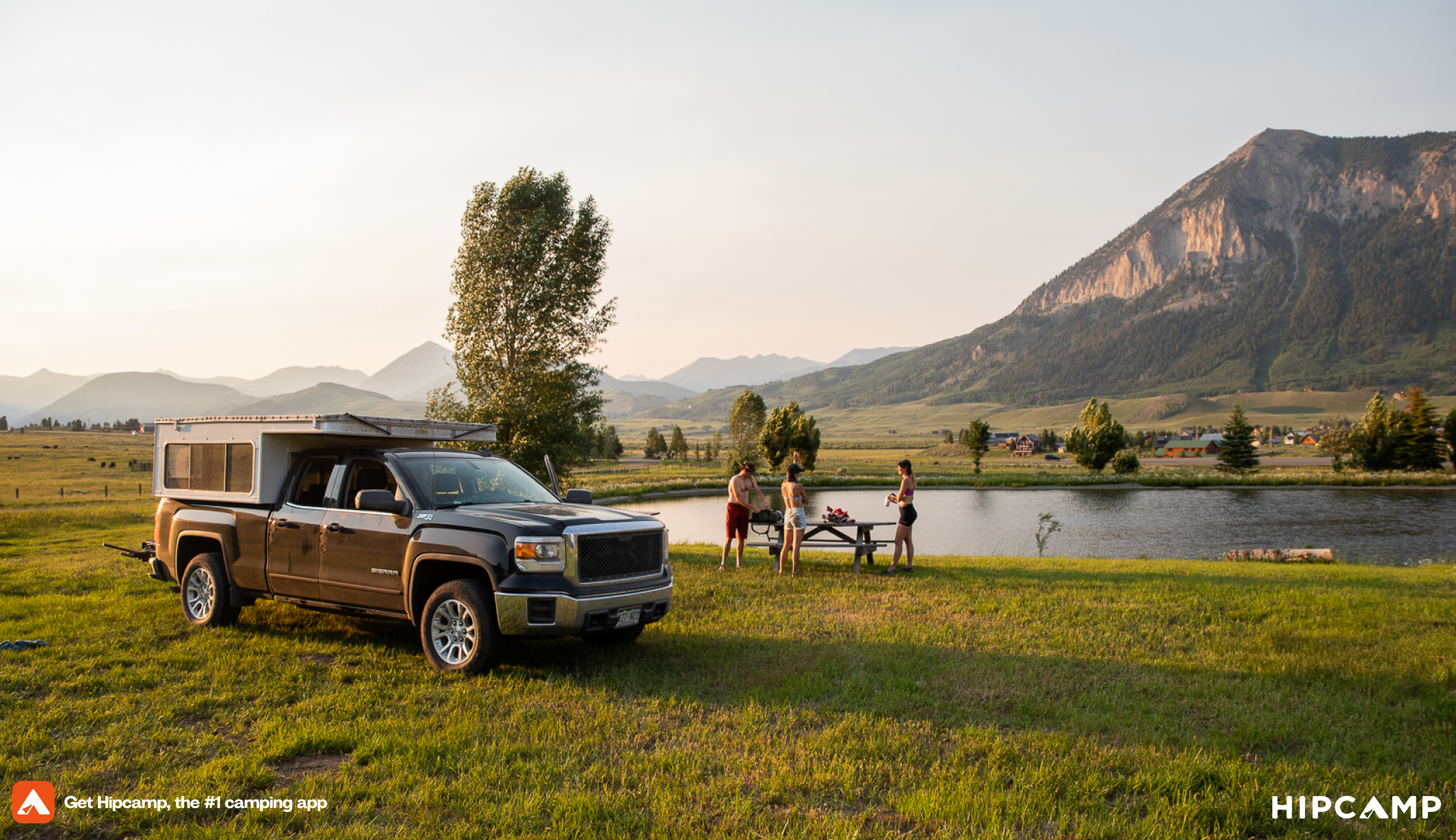When Hipcamp doubled its listings nationwide earlier this year, it wasn’t just a milestone—it also marked a significant step forward for campgrounds and RV parks in increasing visibility, expanding reach, and driving more frequent bookings.
In an exclusive interview with Modern Campground, CEO and Founder Alyssa Ravasio emphasized that the move was the result of years spent addressing a common frustration: the fragmented and time-consuming search for the perfect campsite.
“Unifying the process of finding and booking a campsite has been our vision since day one,” said Ravasio. “Our campers’ number one request has consistently been that they need more places to camp that reflect their individual camping styles.”
With more than 500,000 listings now available, Hipcamp has become the “first and only” app to integrate public and private campsites in one platform.
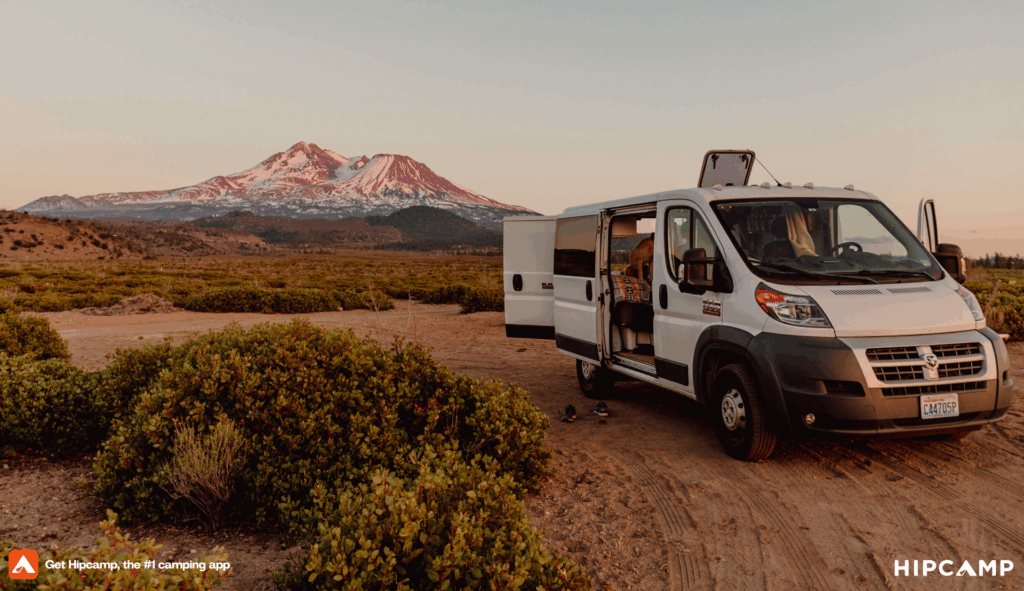
For RV park owners and campground operators, this expansion presents a valuable opportunity. By appearing in a single, streamlined booking ecosystem, their properties can now gain exposure to a larger, more diverse base of campers than ever before.
“Whether campers are looking for national parks, blueberry farms, RV parks, or unique glamping experiences, Hipcamp is the #1 destination to review all their options in a single app,” Ravasio told Modern Campground.
What makes this unification especially compelling is the emphasis on quality and transparency. Every host is supported by a system of real camper reviews, ratings, and photos.
Features Built for Campground Operators
Hipcamp also enforces “Host Standards” that set clear expectations around communication, cleanliness, and safety—elements that are critical to building and maintaining trust in a fast-growing marketplace.
Ravasio also emphasized that Hipcamp’s vetting tools are not just about quality control, but about empowering campground operators.
“These standards serve as a shared commitment between hosts and Hipcamp to create consistently great outdoor experiences,” she said.
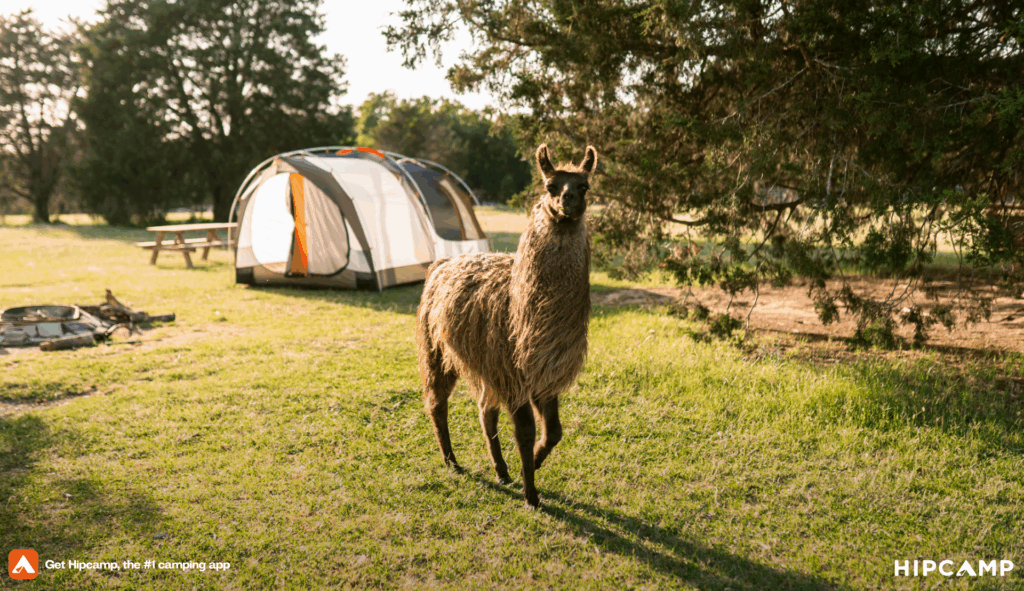
For operators, this adds a layer of assurance that their property will be matched with campers who are informed and well-prepared.
Behind the scenes, Hipcamp continues to refine its user experience using more than a decade’s worth of feedback.
Its app supports detailed vehicle profiles—down to rig length and setup preferences—to ensure compatibility between guests and sites.
“It’s all designed to make getting outside easier, more inspiring, and less stressful—no matter how you choose to camp,” said Ravasio.
This attention to detail has helped Hipcamp attract more than 7 million users.
And as Ravasio pointed out, more than half of all bookings on the platform occur midweek or during off-peak periods, a potentially game-changing insight for operators trying to boost year-round occupancy.
Increasing Bookings While Easing Overcrowding
Another industry challenge that Hipcamp aims to address is overcrowding.
Rather than contributing to the pressure on popular public campgrounds, the platform makes use of lesser-known, underbooked private sites.
“By putting public and private campsites on one map—with real-time availability—we help campers discover incredible, often-overlooked places they wouldn’t have found otherwise,” she explained.
The expansion isn’t just beneficial for seasoned outdoor enthusiasts. Ravasio said Hipcamp is especially attuned to the needs of first-time campers, offering tools and features to reduce barriers to entry.
“Our intuitive app helps campers filter by comfort level, whether that means glamping, cabins, or RV hookups with modern amenities,” she said.
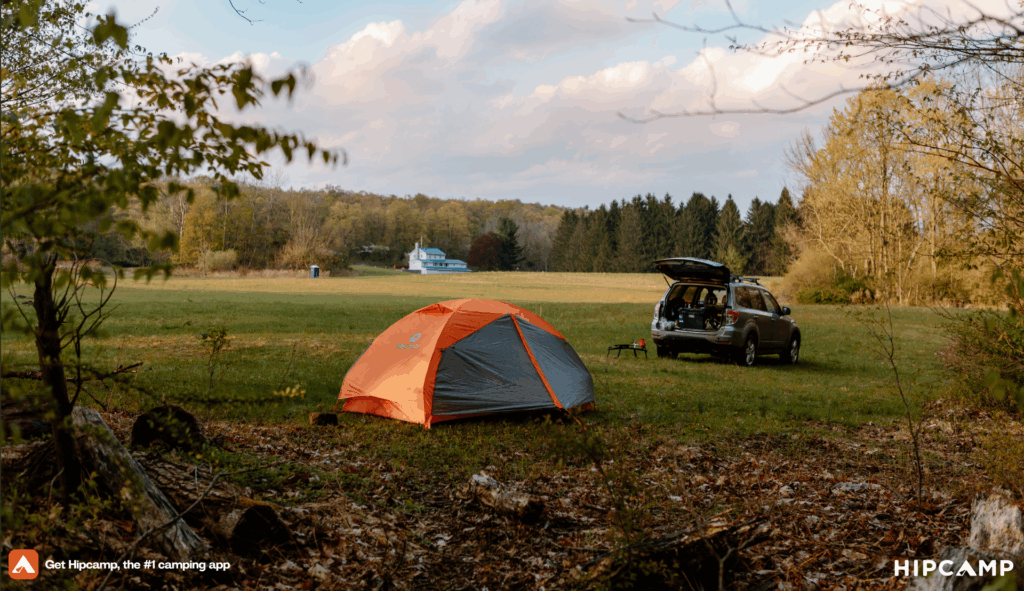
These offerings are further bolstered by curated collections, like dog-friendly or family-focused options, as well as simplified listing descriptions.
Ravasio also said the aim is to “make camping feel accessible, inspiring, and just a little less intimidating,” especially for those new to the experience.
For RV park owners and campground operators considering the platform, Hipcamp offers a plug-and-play solution.
The company’s integrations with major reservation systems allow hosts to manage their existing workflows while gaining exposure to new audiences.
“If you use reservation software, you can simply plug it in and keep managing everything from there—no need to juggle multiple systems,” said Ravasio.
Crucially, joining Hipcamp is free. Operators benefit from the platform’s extensive reach without incurring upfront costs, making it a low-risk entry point for expanding visibility.
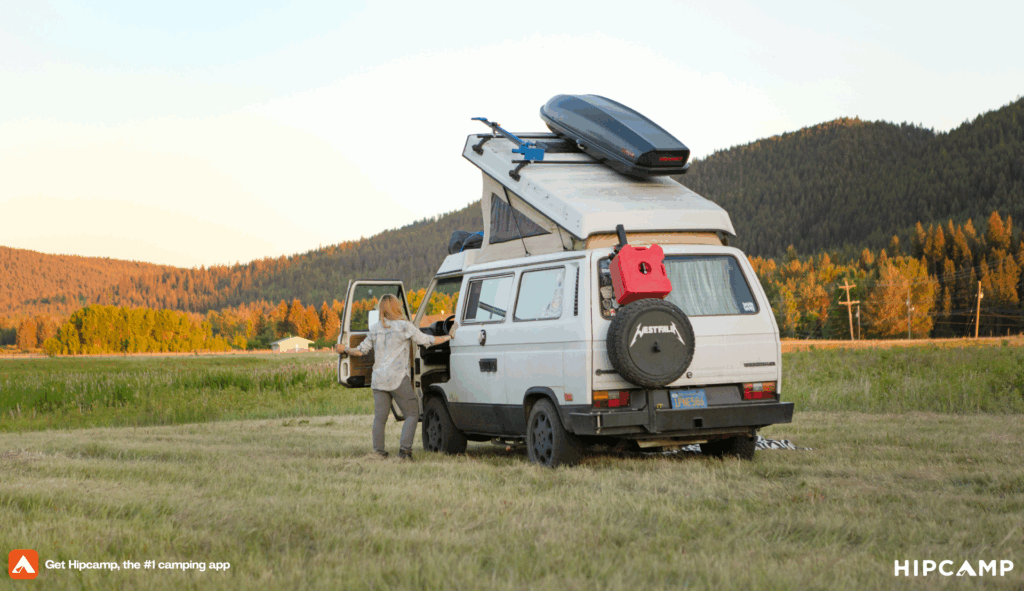
And with a user base that’s young, mobile-first, and digitally fluent, the potential for long-term guest engagement is significant.
Ravasio sees this moment not as an endpoint but as a beginning. The company, she said, is preparing to roll out new features and initiatives to further support the outdoor hospitality sector.
“We’re always monitoring trends and listening to what campers and our hosts need—and evolving our product as those needs change,” she said.
Much of Hipcamp’s innovation is driven by internal passion for the outdoors. Many employees are campers or campground operators themselves.
With approximately 57% of those reservations occurring during midweek or off-peak periods, the platform serves as a tool that helps campgrounds of all sizes boost occupancy and maintain steady revenue throughout the entire year.
“There’s a booking on Hipcamp every 30 seconds,” she told Modern Campground.
For more information about Hipcamp, visit their website here.
Featured image by Hipcamp

